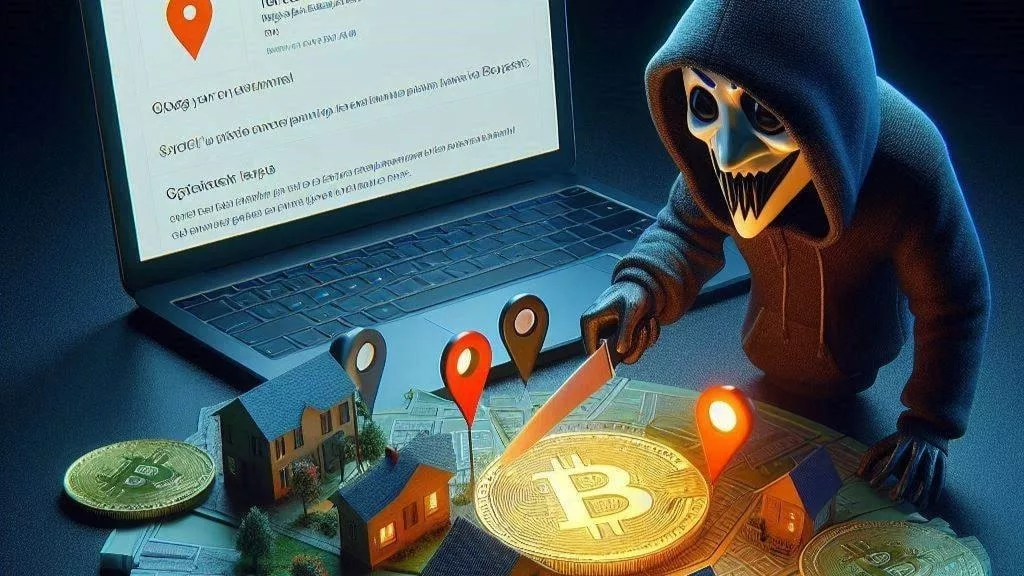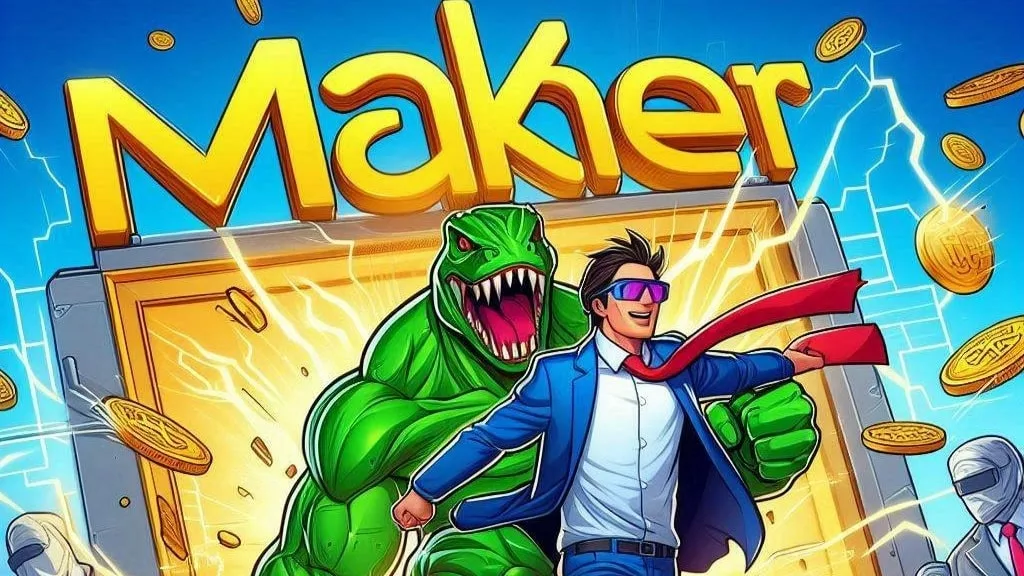
Minden, Nevada, has recently become the focal point of a disturbing new scam involving bitcoin extortion. Residents of the small town are receiving threatening emails that not only demand a ransom paid in bitcoin but also include a frighteningly personal touch: Google Maps images of their own homes.
According to the Douglas County Sheriff’s Office, the scam is designed to instill fear and compel victims to pay a ransom. The emails, which appear to come from a credible source, claim that the sender possesses sensitive personal information about the recipient. This information allegedly includes their home address, phone number, and details of their internet browsing history.
The email threat is simple yet alarming: pay the demanded ransom in bitcoin or face the public exposure of their browsing history. The inclusion of a Google Maps street view of the victim’s residence adds a layer of intimidation that makes the threat seem more credible and immediate.
The scammers are using these tactics to create a sense of urgency and fear, hoping that the victims will quickly comply with their demands to avoid potential embarrassment or other consequences.
The scam typically begins with an email that seems genuine and threatening. The message usually contains several elements:
The Douglas County Sheriff’s Office has urged residents not to respond to the emails or make any payments. Paying the ransom does not guarantee that the scammers will not follow through with their threats. In many cases, these scams are designed to elicit payment and then disappear, only to resurface with new victims.
Instead, residents are advised to take the following steps:
This type of scam highlights a growing trend in cybercrime where scammers use increasingly sophisticated methods to intimidate and exploit individuals. By leveraging personal information and combining it with threatening tactics, they aim to maximize their chances of receiving payment.
The use of Google Maps street views in these scams represents a worrying development. It underscores the importance of maintaining personal privacy and being cautious about the information shared online. Scammers are continually finding new ways to exploit technological advancements, making it crucial for individuals to stay informed and vigilant.
The bitcoin extortion emails targeting Minden, Nevada, are a stark reminder of the evolving landscape of cybercrime. By combining threats of personal exposure with concrete visual evidence, scammers aim to pressure victims into compliance. Residents are encouraged to remain calm, avoid interacting with the scammers, and report any suspicious activity to the appropriate authorities.



Get the latest Crypto & Blockchain News in your inbox.